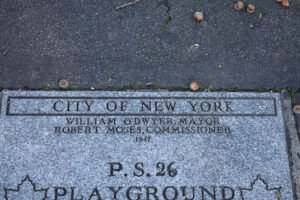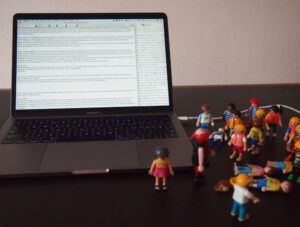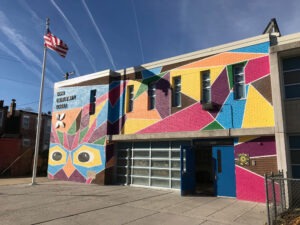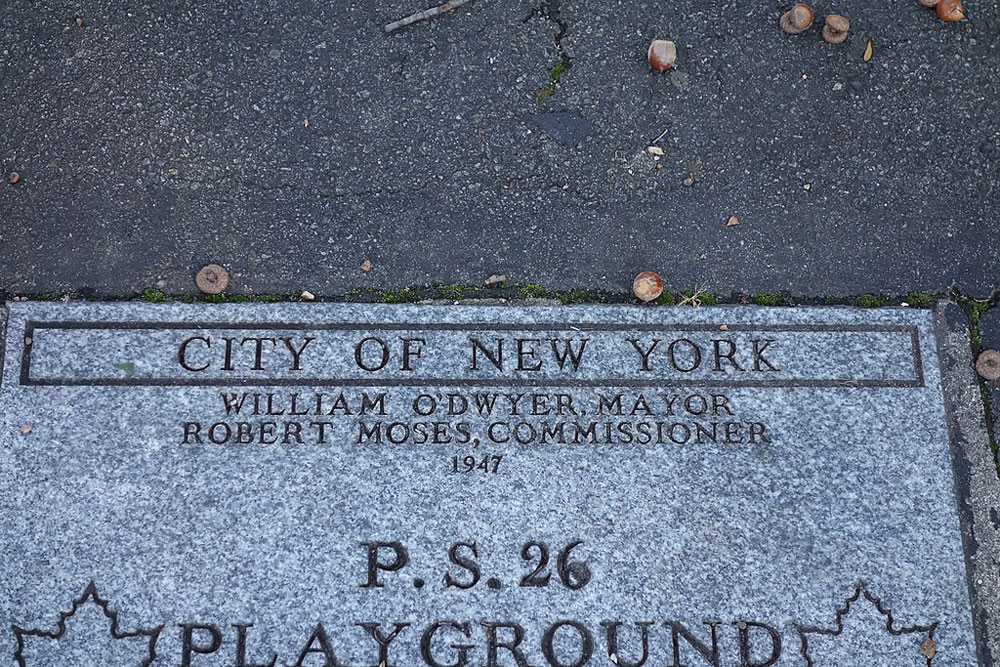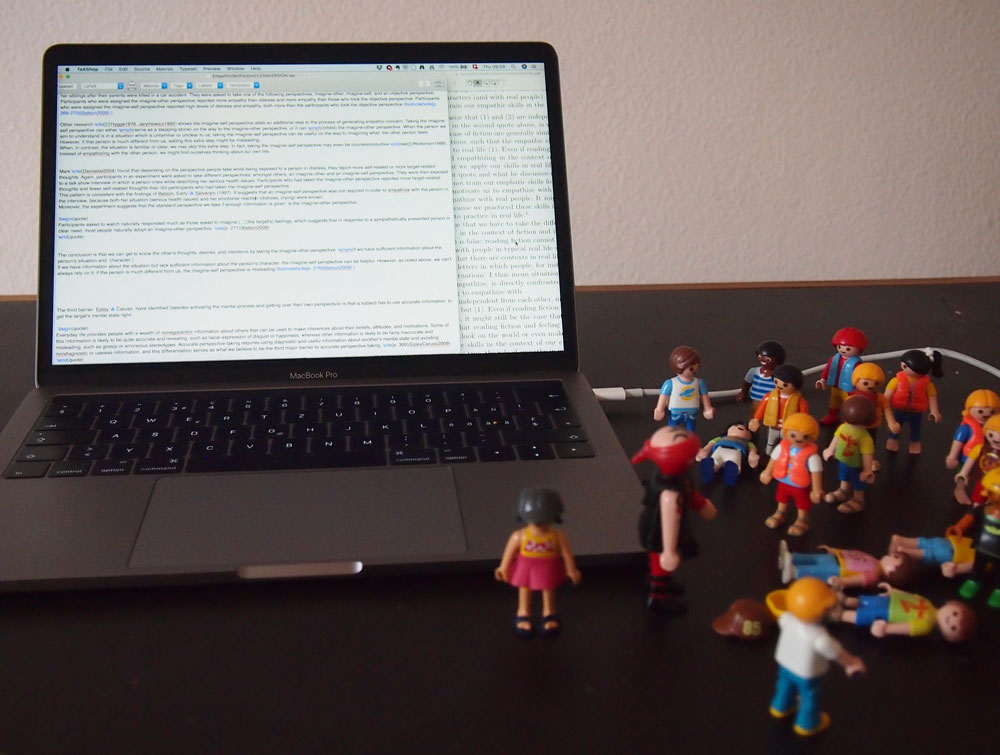May 20, 2015; KGW-TV (Portland, OR)
When children with special needs attend public schools, sometimes their needs are not adequately met. When this happens, those children find themselves unable to learn. But when innovative tools are provided, it’s amazing what some kids can accomplish.
Five public schools in Portland, Oregon, are the recipients of multisensory libraries created by the Shadow Project. Christy Scattarelli, executive director and founder of the Shadow Project, explained that when special education teachers were surveyed, they asked for super-sensory libraries featuring tactile toys, vibrating pillows, weighted lap pads, and sand. Research indicates that the addition of multisensory elements to special education classrooms increases student engagement, and a recent study found that fidgeting improves school performance for children with ADHD.
Fifth-grade Oregon student Fortune Gregory said that she had trouble sitting still, which prevented her from learning, but she was able to focus once she was able to hold something. Her special education teacher reported that during recent state testing, Fortune used fidgets, a vibrating pillow, and earphones in the SuperSensory Literacy Space to relieve stress and improve her concentration.
Sign up for our free newsletters
Subscribe to NPQ's newsletters to have our top stories delivered directly to your inbox.
By signing up, you agree to our privacy policy and terms of use, and to receive messages from NPQ and our partners.
Oregon has more than 75,000 special education students, but fewer than one out of two graduate with their class. According to the Shadow Project, when these children are engaged in school at an early age and developing confidence and perseverance, their odds of graduating and becoming productive adults critically improve. The Shadow Project strives to also reduce the stigma of special education, building school-wide understanding and acceptance of children who learn differently.
“By piloting super-sensory libraries in public schools, Oregon is paying keen attention to access accommodations for students with sensory needs,” said Dr. Jason Bolton, Vice President of Children and Family Programs at the Exceptional Children’s Foundation, a nonprofit that serves children and adults with special needs in Los Angeles, California. Whenever innovative ideas improve accessibility to new learning opportunities for those with special needs that are readily available to typically-developing children, the community benefits. I commend Oregon for being forward-thinking and open to such a potentially beneficial addition to their library programs. It would be fantastic for school districts in California, and even California’s public library system, to be next in line to implement such creativity.”
What unique way can your nonprofit or for-profit business promote inclusion?—Debbie Laskey



